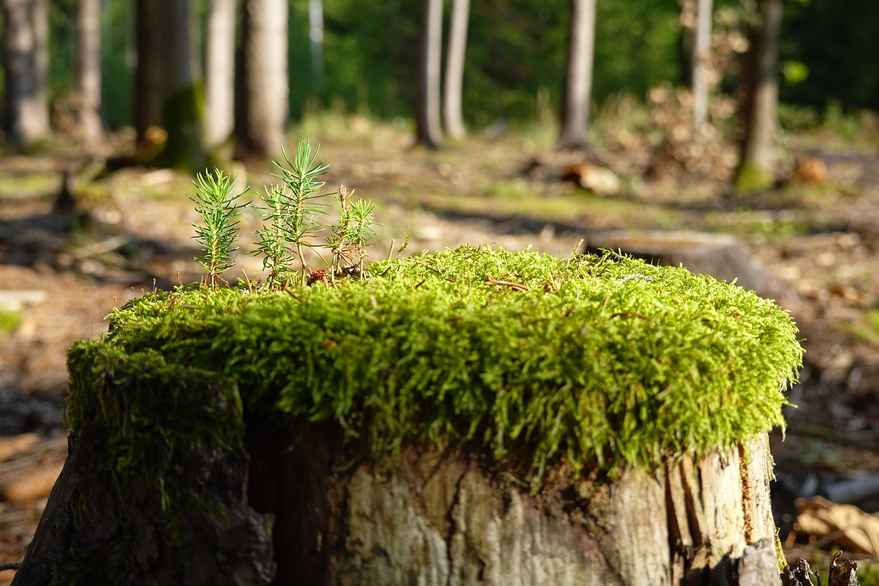What is regenerative literacy?

Image from Anglopix
When you have the understanding and the words to describe something, you can become more engaged with it. Eco- or regenerative literacy is integral in helping us understand our environment while developing intrinsic regenerative values and the skills needed to maintain in harmony with nature.
It goes beyond sustainability by focusing on restoring, renewing, and enhancing the natural environment, human communities, and their interactions with one another. Imagine if our farms didn’t just produce food but also rebuilt soil health. Imagine if our buildings didn’t just use less energy but actually contributed to the vitality of the surrounding environment. This is the vision of a regenerative future, and regenerative literacy is the key to making it happen.
Regenerative literacy is more than just understanding how to protect the planet—it’s about learning how to heal it.
The Core of Regenerative Literacy 🌎
So, what does it mean to be regeneratively literate? Here are a few key principles:
1. Nature has been regenerating itself for billions of years. From the carbon cycle to the way forests manage water, natural ecosystems are highly efficient at renewing life. Regenerative literacy involves understanding these processes and applying them to human systems. Think of it as learning from nature’s handbook—how can we mimic the way ecosystems restore themselves?
2. The world doesn’t operate in silos, and neither should our solutions. Regenerative literacy teaches us to see the big picture—how our food systems are connected to water cycles, how our economies depend on healthy ecosystems, and how social well-being is tied to environmental health. By understanding these connections, we can design solutions that benefit the entire system, not just one part of it.
3. Many of our current systems, from industrial agriculture to consumer-driven economies, are based on extraction. They take resources—soil, water, energy—while depleting nature and giving nothing back. Regenerative practices flip this script. In regenerative agriculture, for example, farming techniques like crop rotation, composting, and agroforestry not only produce food but also rebuild soil health, store carbon, and promote biodiversity. Similarly, regenerative design in architecture looks at how buildings can contribute to the health of their environment by integrating green spaces, using renewable materials, and reducing energy use.
4. At its heart, regenerative literacy is grounded in a deep sense of responsibility and care. It’s not just about technical skills or scientific understanding—it’s about values. It’s about nurturing a mindset where we see ourselves as caretakers of the planet and its resources, rather than mere consumers. This ethical foundation asks us to act not just for today, but for the generations to come.
Regenerative Literacy in Action
This mindset isn’t just theoretical—it’s being applied across the world in innovative ways. Here are a few examples:
-
Regenerative Agriculture: Farms around the globe are adopting techniques like no-till farming, crop diversity, and integrated livestock management to restore soil health and sequester carbon. These practices not only produce healthier food but also combat climate change by drawing carbon out of the atmosphere.
-
Regenerative Design: Architects and designers are rethinking how we build. New building projects integrate natural systems, like green roofs, water recycling, and passive solar design, to create structures that contribute to the environment rather than deplete it.
-
Regenerative Economies: In the business world, the concept of a regenerative economy is gaining traction. This approach focuses on creating economic systems that restore resources, promote social equity, and generate long-term value for all stakeholders—not just shareholders.
Regenerative literacy is a fantastic practical tool in creating an even bigger, mainstream wave of regeneration across continents. The more regenerative literacy is adopted in people's mindset from a young age, the more we can contribute to a future where both people and the planet flourish🌹


0 comments
Leave a comment